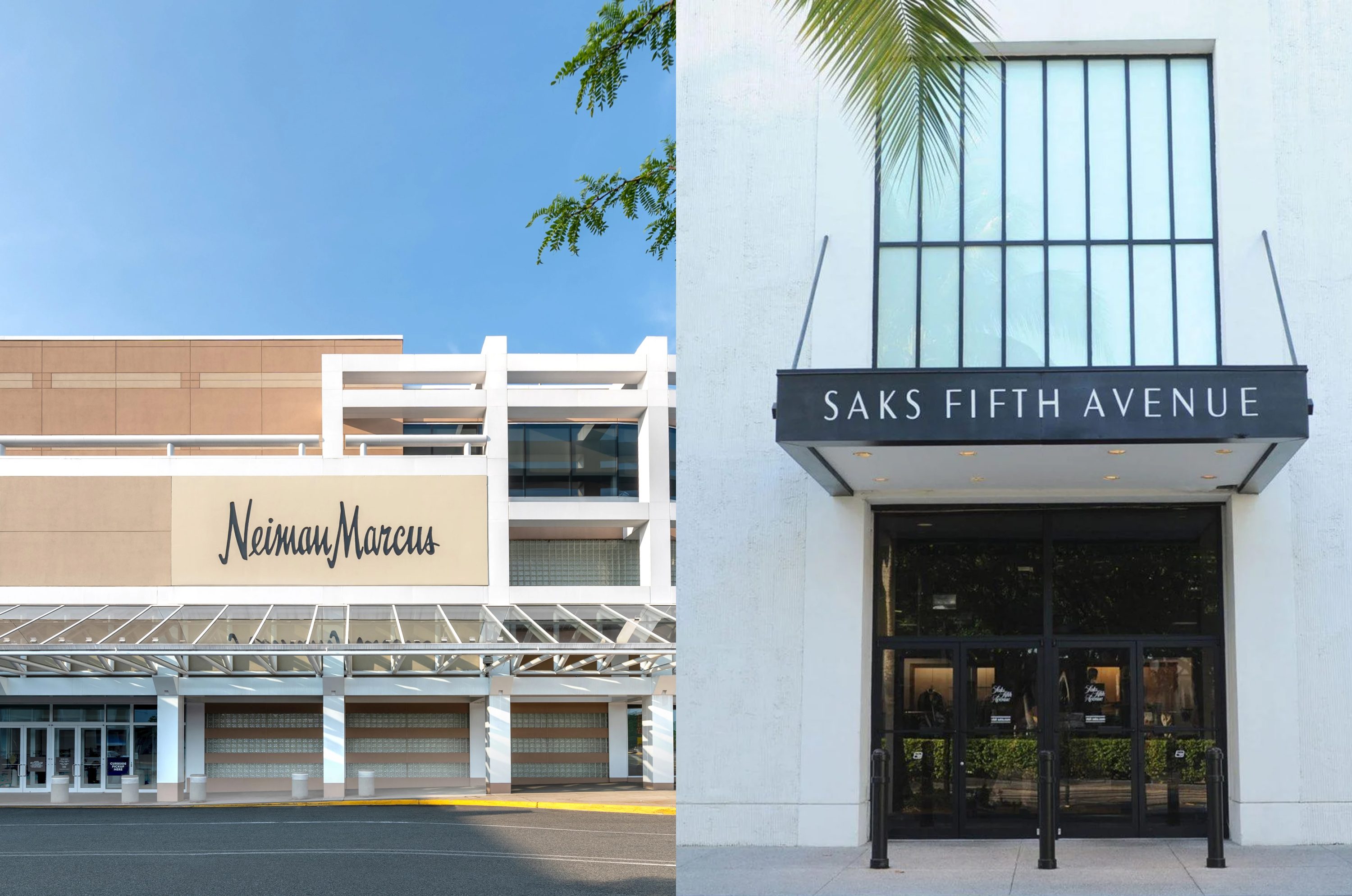Richard Baker’s Acquisition of Neiman Marcus Faces Challenges as the FTC Scrutinizes the Deal
After years of speculation, negotiations, and innovative fundraising, Richard Baker has finalized his $2.65 billion deal to acquire Neiman Marcus this month. However, the merger of Neiman Marcus with Saks Fifth Avenue to form Saks Global hinges on approval from the Federal Trade Commission.
Baker’s acquisition comes as the FTC intensifies scrutiny on corporate deals and the fashion industry, highlighted by Tapestry Inc.’s ongoing battle to secure its $8.5 billion purchase of Capri Holdings.
The merger of Saks and Neiman Marcus, partly funded by Amazon and Salesforce, promises significant changes in the department store retail landscape.

“Department stores are a 19th-century phenomenon struggling to survive in the 21st,” says Susan Scafidi, founder and director of the Fashion Law Institute at Fordham Law School. “Acquisition by Saks may be the best way for Neiman’s to avoid joining the B-list of luxury retailers that have disappeared over the past decades, including Barneys, Henri Bendel and Bonwit Teller.”
Nevertheless, regulators are expected to scrutinize the deal closely. “The fading sepia tint of the department store business model, however, does not exempt the sector from antitrust oversight,” Scafidi notes. “Antitrust enforcement is an FTC priority at the moment, and a key lesson of the legal challenge to the proposed Tapestry-Capri merger is that the agency is inclined to define relevant market sector very narrowly.”
Experts anticipate the FTC will issue a “second request” for additional information on the Saks-Neiman Marcus deal, a thorough process that could take eight months to a year before a decision is made. The heightened focus on fashion and retail mergers in Washington signals the likelihood of extensive regulatory review.
The Tapestry-Capri case revolves around the definition of the “accessible luxury” market. Jeffrey Oliver, a partner at Baker Botts and former FTC attorney, explains that regulators are defining the market narrowly. “That’s the playing field in which antitrust takes place,” he says. “How big or small do you draw those circles? We call them markets, but they’re just kind of circles in which you decide these products are in.”

Antitrust lawyer Jonathan Lazarow predicts a rigorous investigation. “You might say, ‘They’re savvy consumers, they’re rich,’ but who’s going to get hurt is the smaller emerging brands,” he remarks. The FTC is likely to scrutinize whether the merger creates monopoly-like powers and reduces market competition.
When announcing the deal, HBC, led by Baker, emphasized its commitment to supporting both established and emerging brands, enhancing e-commerce, and offering career opportunities to employees:
“For over 100 years, Saks Fifth Avenue, Neiman Marcus and Bergdorf Goodman have been deeply committed to helping luxury consumers discover the latest fashion from established and emerging designers. Through its improved e-commerce experience and well-located store fleet, Saks Global will help emerging and established brands reach their target customers.”

Antitrust expert Darrell Prescott notes that typical retail antitrust issues might not apply here. “Typically in retail, antitrust matters would be resolved by just selling off stores and locations where they are in close proximity or they compete with one another or overlap. I don’t think it’s going to be that simple here,” he says.
With regulatory authorities expected to review the Saks-Neiman Marcus merger before the upcoming presidential election, Prescott emphasizes that the final decision will rest with a federal court. “In the end, this will not be a question of the discretion of whoever populates the antitrust division at [the Department of Justice] or the competition bureau at the FTC,” he says, “but a question of what a federal court will do with the case and the law.”
For now, Baker’s ambition to acquire Neiman Marcus relies on his financial acumen and negotiation skills. If challenged by the FTC, it will depend on a judge’s ruling.
